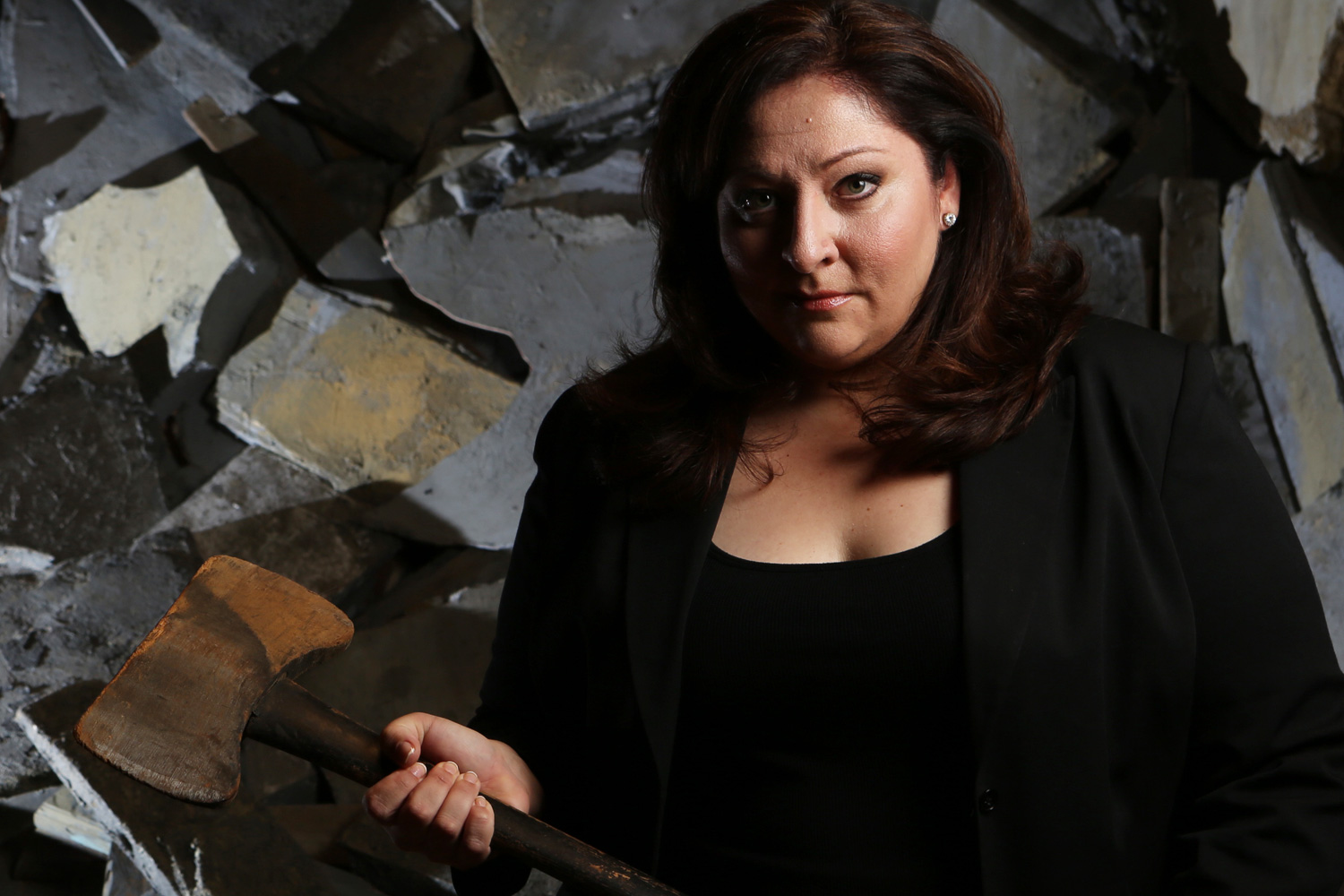Somewhere in the world, someone is putting on the Ring Cycle. Despite its immensity—14 to 20 hours of music, presenting not just a financial and physical challenge for opera companies but audiences as well—there were 15 Cycles in the past six months. But for those of us outside the small circle of "Ringheads," sort of like Phisheads but with more stamina, the Ring might happen once or twice a generation.
The Lyric Opera's last production of Richard Wagner's four-opera epic marked the company's 50th anniversary in 2004-2005. Today it was announced that, after presenting one opera per season from 2016 through 2020, the next Cycle would recur beginning in April 2020.
Of course, the announcement is just a step in the process; general director Antony Freud began courting his Brünhilde, Christine Goerke, in 2012, before her company debut. "Elektra is one of the most demanding of all roles. It requires enormous stamina—it needs a good deal of volume at times, even with a sensitive conductor like me keeping the orchestra down," said Sir Andrew Davis. "But Christine possesses much more than this. There's a great beauty in her voice, there's an extraordinary quality of musicianship in the way she can spin a phrase that's second to none in the world today."
More recently, Goerke starred in Richard Strauss's Die Frau ohne Schatten. The great New Yorker classical-music critic Alex Ross wrote of her performance "she proved herself the most potent dramatic soprano to appear at the Met since — well, let's not jinx her by naming names. But it's now a voice of immense force and wide-ranging expressivity."
"Obviously there are great challenges that come along with this role," Goerke said. "The drama of this role, this character is probably one of the greatest roles, dramatically, that a soprano can be handed. She's a remarkable character, going from a petulant teenager to a worldly-wise woman, and has experienced every emotion, which was something she wasn't privy to when she started. Vocally it's… slightly challenging. Endurance is a factor, but the greatest challenge is to compete with everyone who's come before."
Wotan will be played by Eric Owens, who made his name as Gen. Leslie Groves in John Adams's Doctor Atomic, which played Chicago 2007. Owens made his Wagner debut in 2010 in Das Rheingold, which Ross also described in epic terms: "Owens’s performance announces the emergence of a new major Wagner singer, for his portrayal is so richly layered that it may become a part of the history of opera."
"The challenge for Wotan is to keep straight all the names of the children and baby mamas," Owens said. "I'm still getting my feet wet [in Wagner], and still trying to know how to enhabit this sonic world."
It will be more than six years before the pieces of the Ring come together, but the distance between the four parts underscores the direction of the production that its director, David Pountney, hinted at.
"This was a 20-year or so process for Wagner, in which he wrote down the words in reverse order, so Götterdämmerung was actually the first opera he wrote the words for, and Rheingold was the last. In terms of his development as an artist, Götterdammerung was the most old-fashioned of the four operas, and Rheingold was the most radical. And he then wrote the music in the right order, so of the four Rheingold has the most conservative Wagnerian music, and Götterdammerung leaps into a whole world," Pountney said. "That's why, for us, it became very important to think of these pieces as four different pieces with an interlocking narrative. We're very much interested in celebrating the difference between those pieces as much as their similarity."




